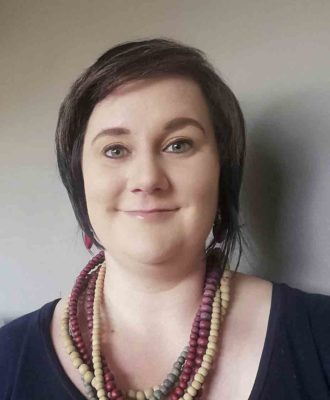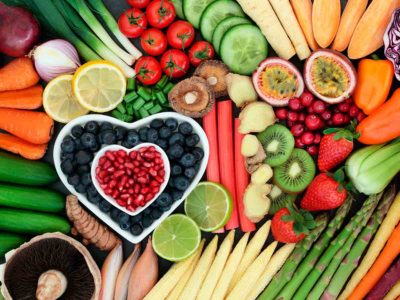All of us are into healthy living and eating clean, but which is better – a vegan or
a whole plant-based diet? Krugersdorp’s dietitian, Chene van Rensburg spills the beans on the good, the bad and the ugly of both diets.
Sharing her extensive experience in community nutrition, clinical medical nutrition therapy, food service nutrition therapy and nutrition research, Chene is making the West Rand a lot healthier, one meal at a time. She is a registered dietitian and although many people see dietitians as ‘food police’, Chene can be tempted with a pizza any time. We are glad to hear that just like any person who loves food (… who doesn’t?) dietitians do enjoy the occasional guilty pleasure.

‘I have worked in the industry for seven years. I am the new Pure Health Dietitian in Krugersdorp and the new Living Links Dietitian in Randfontein. In addition, I am part of an amazing dietetic team at Netcare Krugersdorp Private Hospital.’
Chene is a people person and uses her passion for the science of nutrition to make an immense contribution to the community through nutrition advocacy, education and clinical nutrition interventions.
‘The best overall health tips I can give someone is to avoid processed foods and go back to fresh, whole foods without added sugar, salt, preservatives, colourants, flavourants and chemicals.’
She believes that a whole plant-based diet that excludes processed foods and food roducts will be one of the most prominent health trends in 2020.
‘I think diets like the Mediterranean Diet will make a huge comeback since it is the ultimate example of a whole plant-based diet where meat and animal products are consumed in small amounts and not daily.’
Details: Pure Health Centre, Krugersdorp on 011 954 6091 or Living Links, Randfontein on 076 611 1131.

Vegan diet
Donald Watson coined the term ‘vegan’ in 1944 to describe someone who fully abstains from all animal products for ethical reasons. Over time, more and more people have started to adopt the vegan diet for reasons other than animal welfare, such as their health and the environment.
HERE’S EVERYTHING YOU NEED TO KNOW:
• A vegan diet is strictly against animal products in every form. Not only do vegans not eat meat, chicken, fish, dairy, eggs, animal fats, gelatine derived from animal sources or honey, they also do not wear animal products or use products tested on animals.
• This diet is known for the higher nutrient content of the foods consumed, weight loss, stabilisation of blood sugar levels, improved kidney function, protection against cancer and cardiovascular diseases, and a reduction in inflammatory conditions such as arthritis – if followed correctly.
• Although some people thrive on a vegan diet, it is considered an extreme diet because of how many foods it excludes, as well as the potential for nutritional deficiencies, which can lead to hormonal disruptions, increased risk of leaky gut syndrome, risk of anaemia, greater risk of depression, vitamin B12 and zinc deficiencies, too much carbohydrates, and risk of eating disorders such as orthorexia which is characterised by an over-fixation on healthy eating patterns.
Whole plant-based diet
With a whole plant-based diet, the vast majority of food comes from plants. There is no ethical connotation to this diet and it doesn’t necessarily mean that you have to eliminate animal products completely.
HERE’S EVERYTHING YOU NEED TO KNOW:
• This diet is centred on whole, unrefined or minimally refined plant foods and excludes or minimises meat, dairy products, eggs, and highly refined foods such as bleached flour, refined sugar, and oil.
• Nutrition research has found that plant-based eating diets that offer all the necessary protein, fats, carbohydrates, vitamins, and minerals for optimal health are often higher in fibre and phytonutrients, and reduce cardiovascular disease, metabolic syndrome, diabetes, certain cancers, depression, and in older adults, a decreased risk of frailty, along with better mental and physical function.
• Unfortunately, this diet also has risks such as deficiencies in nutrients such as vitamin B12, iron, protein and omega-3 fatty acids, but it can be readily overcome by choosing the right plantbased foods and, when necessary, upplements.
Hot tip: Chene suggests that if you want to make the switch to a vegan or whole plant-based diet, you should start by gradually reducing meat and dairy intake, eating an entirely plant-based meal once a week or swapping out one animal product for a plant-based one.


